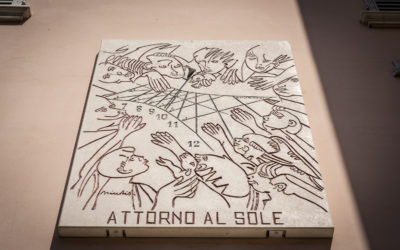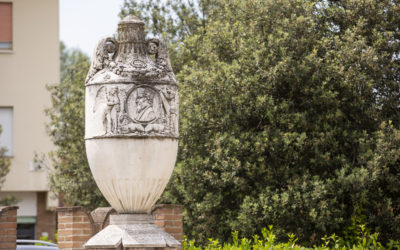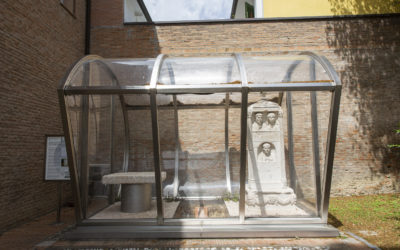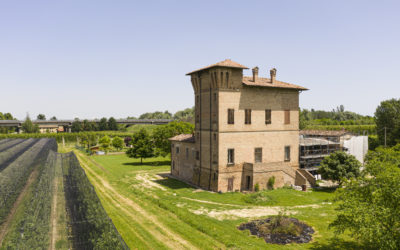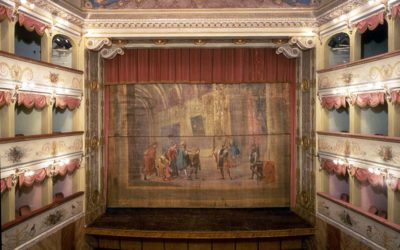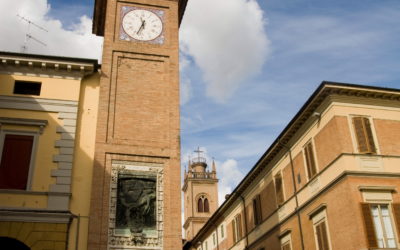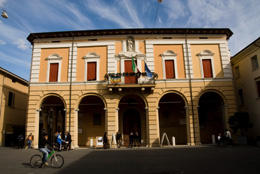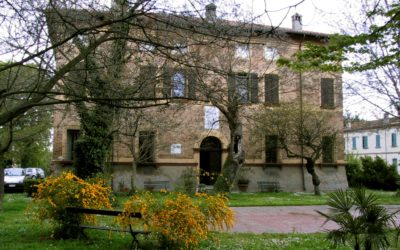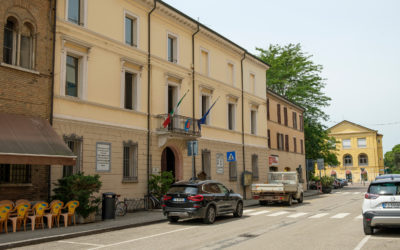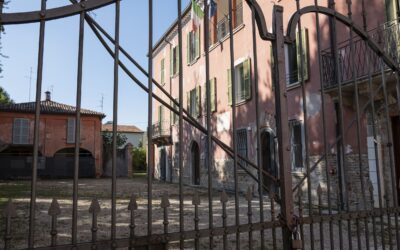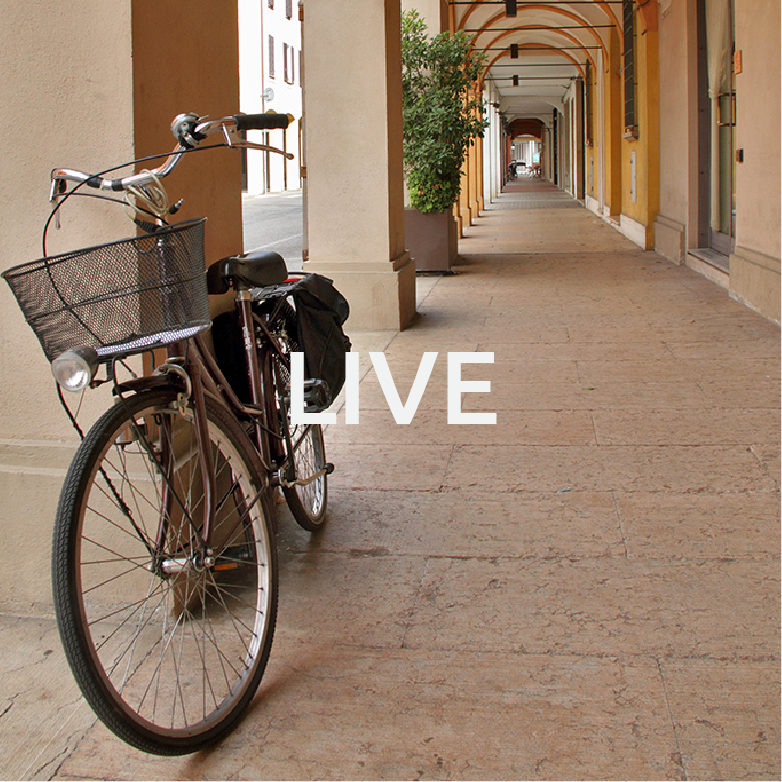Monuments
THE SUNDAIL BY REMO BRINDISI
In the historical town centre of Bagnacavallo there’s a sun-dial which has been designed by Giovanni Paltrinieri, a gnomonics expert from Bologna, and decorated by the famous artist Remo Brindisi.
VOTIVE URN
The votive urn located in the central square, piazza Calcagnini, celebrates the marquis Marchese Celio Calcagnini, a nobleman belonging to one of the most important local families.
LA STELE DEI VARII
The "Caio Vario" funeral stele was found in 1817 nearby Cotignola.
TORRE DI TRAVERSARA
The tower was built around 1370.
CARLO GOLDONI THEATRE
Bagnacavallo used to have a theatre also in the early XVIII century. It was a wooden structure located inside the present Palazzo Abbondanza. In 1839, the Municipality decided to built a new theatre hall overlooking the main square, right next to the townhall, on the area formerly occupied by Palazzo Brandolini. The design was commissioned to the Bolognese architect Filippo Antolini and the theatre “Carlo Goldoni” was inaugurated in 1845.
TORRE DELL’OROLOGIO
The clock tower has been built during the second half of the XVIII century by the architect Cosimo Morelli and it’s located on one side of the central square.
PALAZZO COMUNALE – TOWN HALL
Massa Lombarda town hall has been designed by the famous architect Cosimo Morelli during the second half of the XVIII century.
VILLA MONTI
Built in 1717 in Maiano Monti for will of Matteo Tamburini, in 1769 it was sold to Fedele Monti who arrived here four years later, when his famous son Vincenzo Monti, poet and scholar, was 17. Monti family lived here until 1889.
PALAZZO COMUNALE – TOWN HALL
The municipal palace was built whereit used to stand the building that Vecchi family donated to the town in 1788 to host a public school. In 1818 it became the townhall.
VILLA MALERBI
Villa Malerbi dates back to the beginning of the XIX century. The villa was built as a countryside house for the families of the two brothers Malerbi Giuseppe (1771-1849) and Luigi (1776-1843), both of them famous musicians whose music school was one of the first in its kind in Romagna. Gioacchino Rossini studied here as well.

